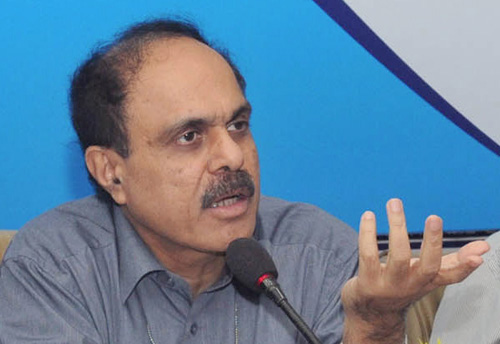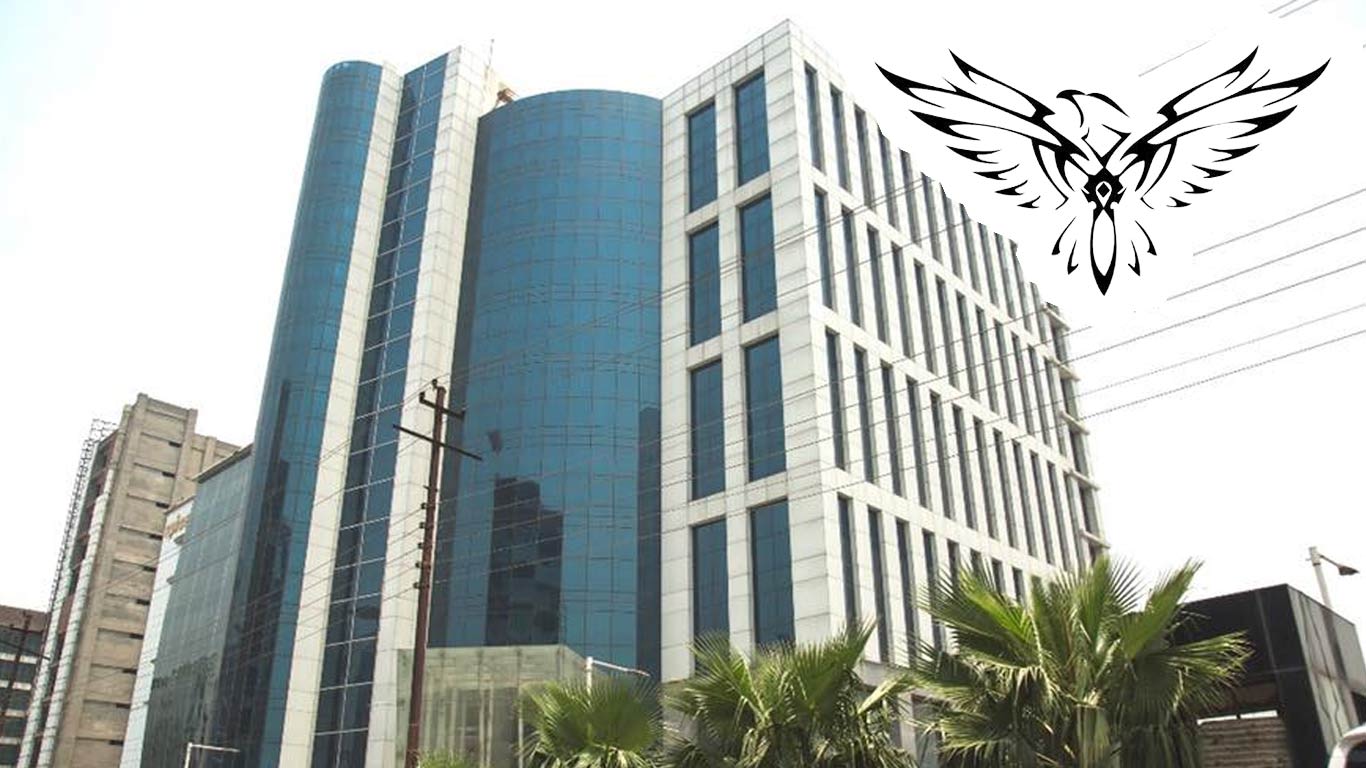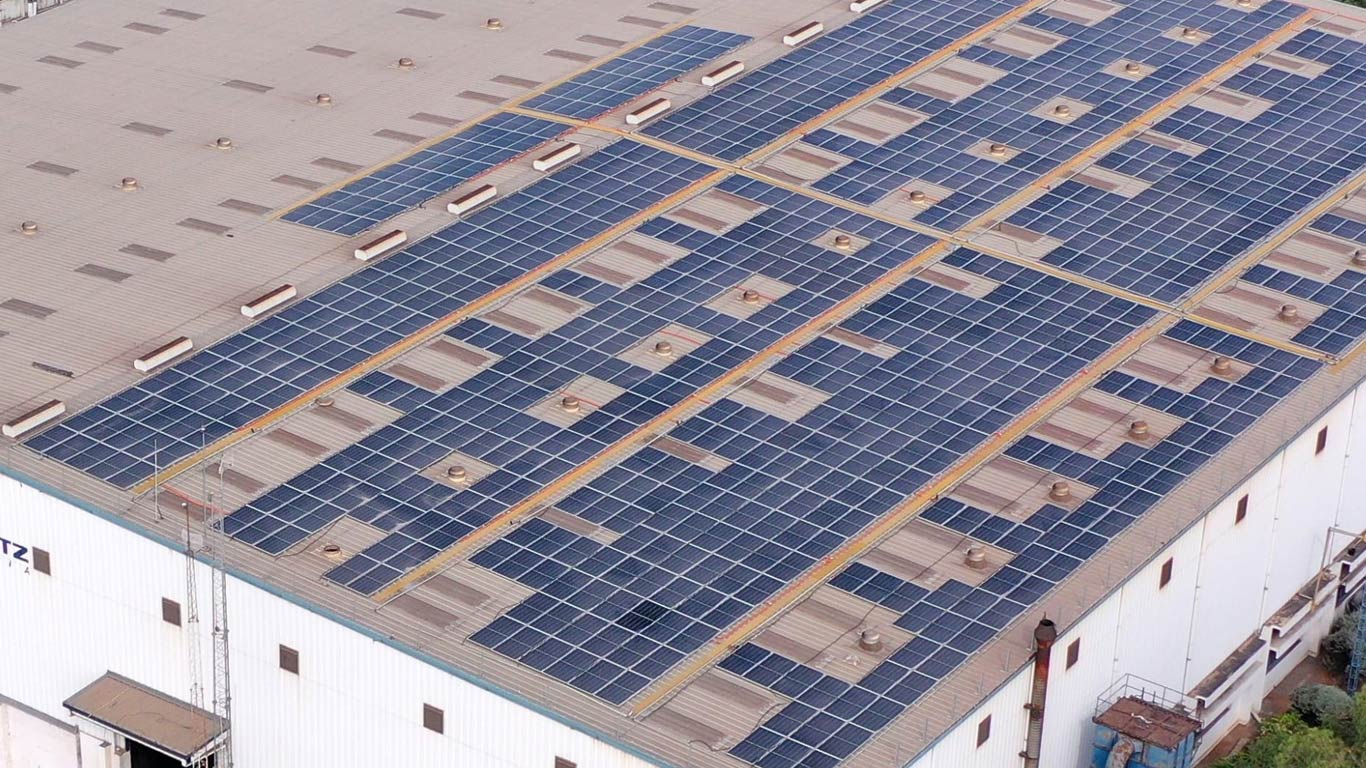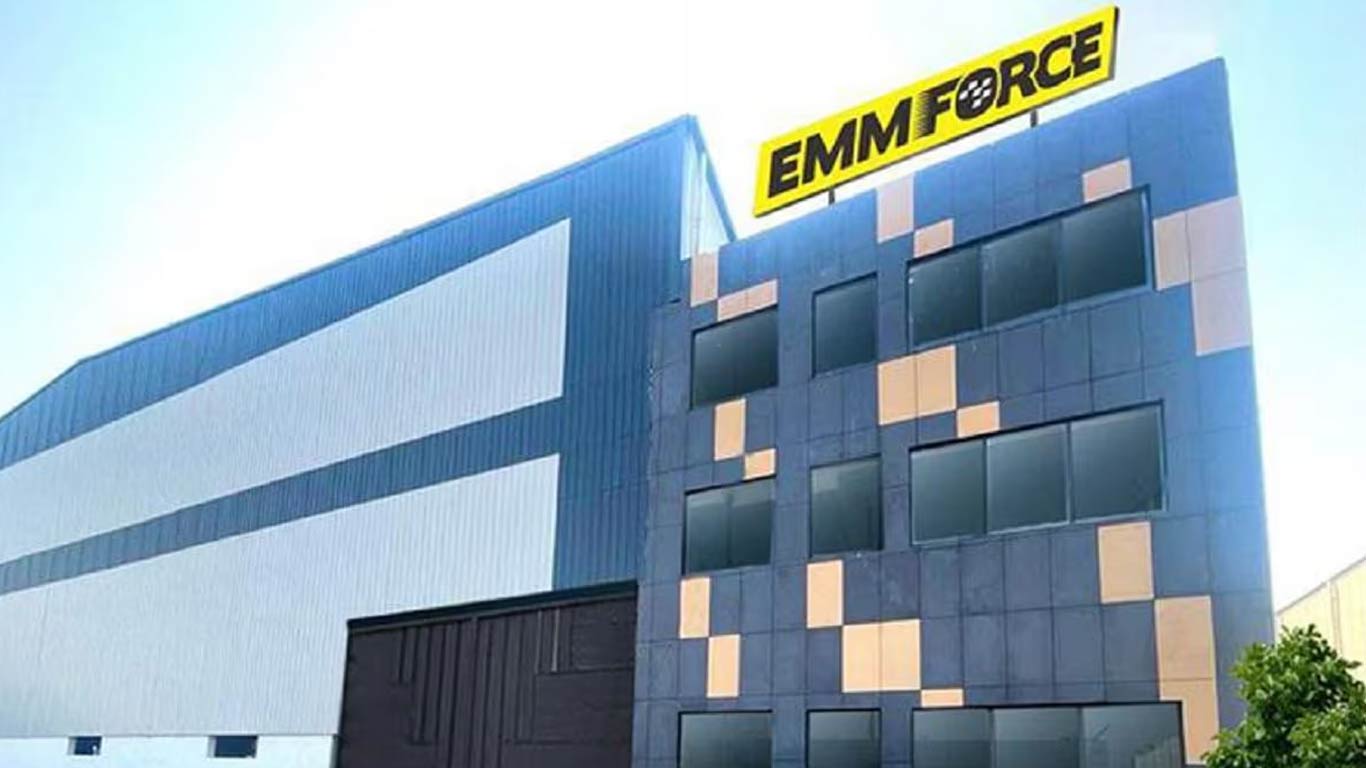MoMSME asks CPSEs, govt depts to remove “artificial entry barriers” from their tender documents
Updated: Jul 09, 2018 08:14:59am

MoMSME asks CPSEs, govt depts to remove “artificial entry barriers” from their tender documents
New Delhi, July 9 (KNN) The Ministry of Micro, Small and Medium Enterprises (MoMSME) has written to all CPSEs and government departments to remove all “artificial entry barriers” from their tender documents in order to give fare chance to MSMEs and SC/ST owned enterprises to bid for it.
In an interview to PTI, MSME Secretary AK Panda has said that the Ministry has written to them (CPSEs/government departments) and requested a number of times to visit their tender documents and remove all artificial entry barriers.
They should look at only two things, one is quality and the other competitive price, he said.
The procurement from SC/ST owned enterprises stood at 0.5 per cent in 2017-18.
The Public Procurement Policy mandates 20 per cent annual procurement from micro, small and medium enterprises including 4 per cent from MSMEs owned by SC/STs.
The secretary said that the tendering norms for MSMEs and SC/ST owned enterprises should not be at par with others, as only 20 per cent and 4 per cent procurement is mandatory from them.
“In the tender sometimes they put artificial entry barriers like one’s previous experience. For example there is Rs 100 crore worth of total procurement, if I am an MSME I am looking at just Rs 20 crore, if I am an SC/ST owned enterprise, what they should ideally say that you should have previous experience of 4 per cent of the total tendering just to find out whether I will be able to supply that Rs 4 crore worth of order,” Panda said.
He said the revision in tendering norms is aimed at removal of artificial entry barriers, which could relate to prior experience and turnover criteria.
Panda was optimistic that the procurement from SC/ST owned enterprises will double to 1 per cent in the current financial year ending March 2019 and cross Rs 1,000 crore, adding that efforts were underway by the ministry to touch the 4 per cent target.











